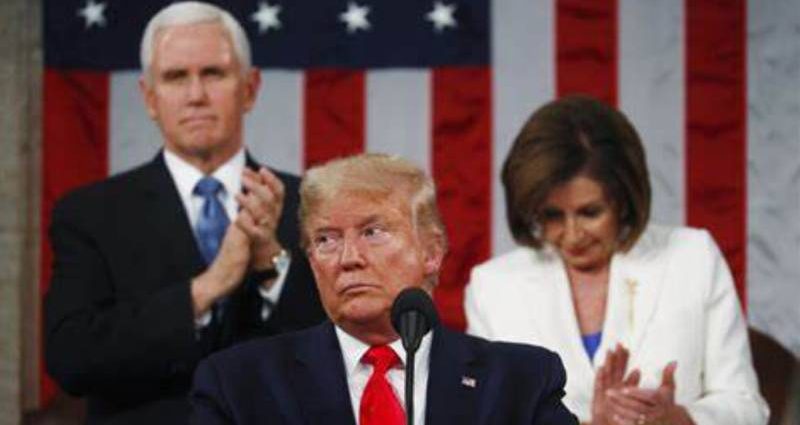WASHINGTON (Reuters)— The Trump administration is considering placing sweeping travel restrictions on citizens of dozens of countries as part of a new ban, according to people familiar with the matter and an internal memo reviewed by Reuters.
The paper mentions 41 nations, divided into three sections. The top 10 countries, which include Afghanistan, Iran, Syria, Cuba, and North Korea, would suffer complete visa suspension.
In the second category, five countries—Eritrea, Haiti, Laos, Myanmar, and South Sudan—would face partial prohibitions on tourist, student, and other immigrant permits, with few exceptions.
According to the letter, 26 countries, including Belarus, Pakistan, and Turkmenistan, would be examined for a partial suspension of US visa issuing if their governments “do not make efforts to address deficiencies within 60 days” in the third category.
According to a US official who spoke on the condition of anonymity, the list is subject to modification and has not been approved by the administration, including US Secretary of State Marco Rubio.
The list of countries was first reported on by the New York Times.
The policy is similar to President Donald Trump’s first-term ban on travelers from seven Muslim-majority countries, which went through many iterations before being upheld by the Supreme Court in 2018.
On January 20, Trump issued an executive order requiring heightened security examination of all foreign nationals seeking entrance into the United States in order to identify national security risks.
That instruction directed different cabinet members to furnish by March 21 a list of nations from whom travel should be barred in part or whole due to “vetting and screening information that is so deficient.”
Trump’s directive is part of an immigration crackdown that he launched at the start of his second term.
In an October 2023 speech, he stated his plan to restrict people from the Gaza Strip, Libya, Somalia, Syria, Yemen, and “anywhere else that threatens our security.”
The State Department did not respond quickly to Reuters’ request for comment.



